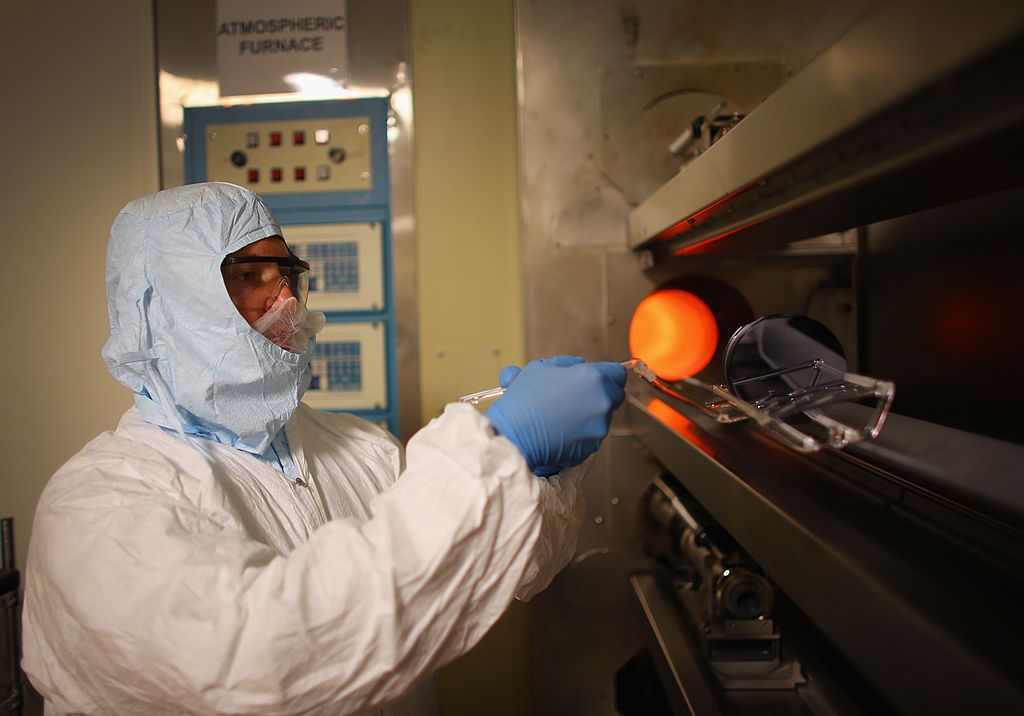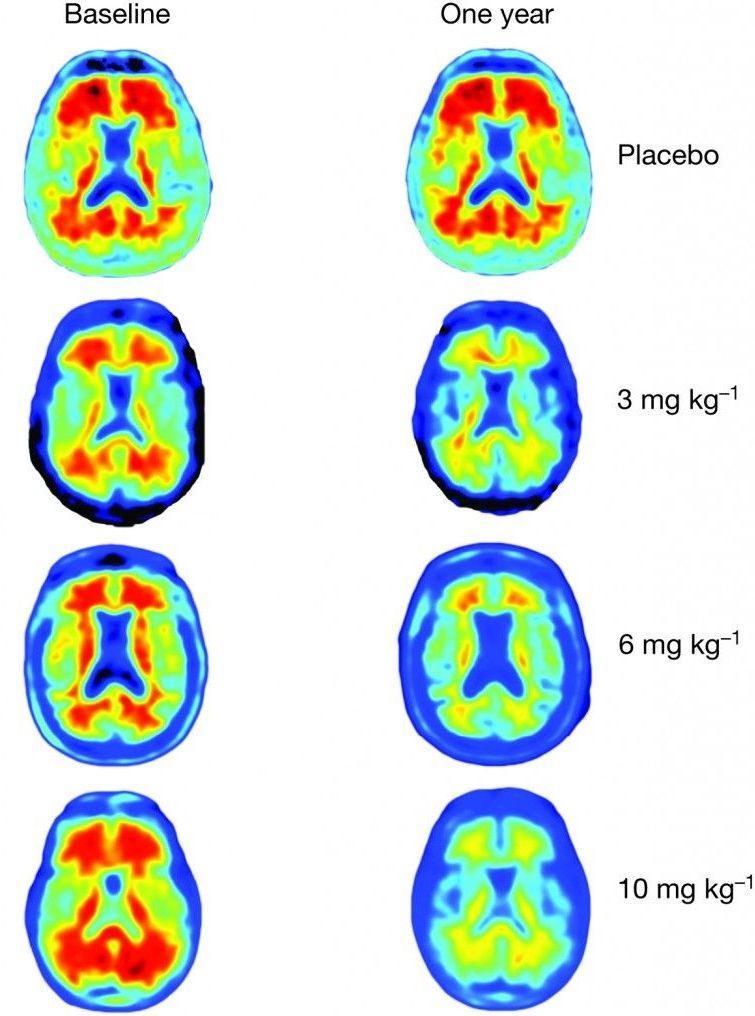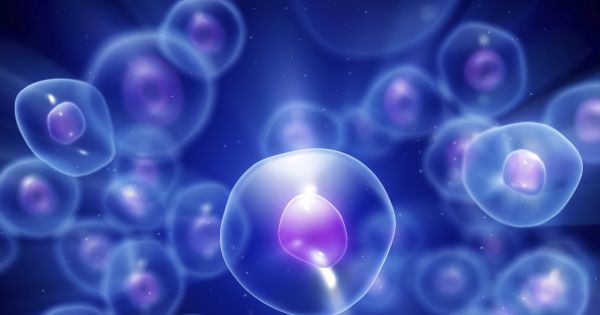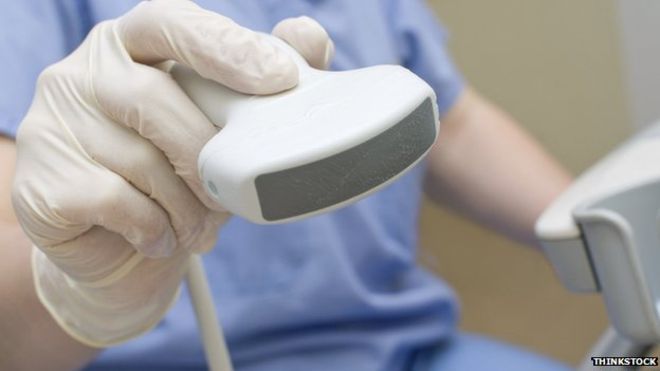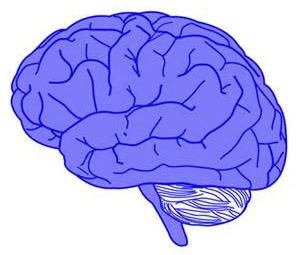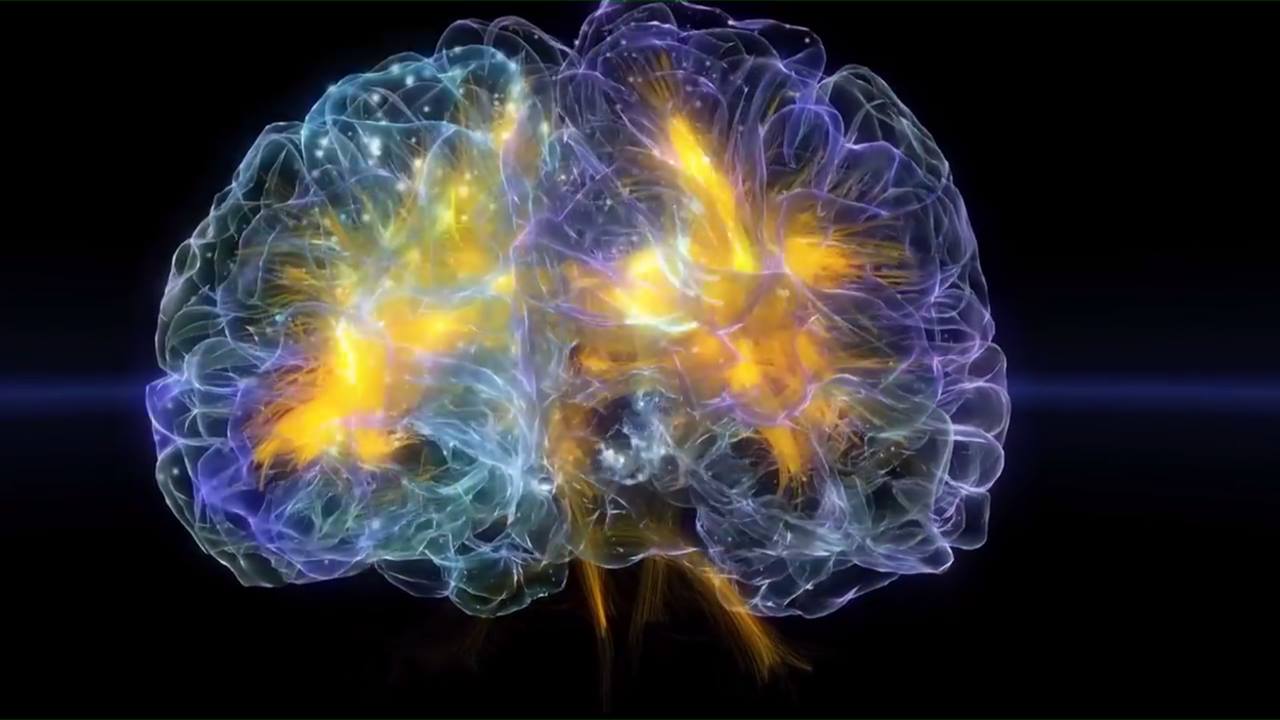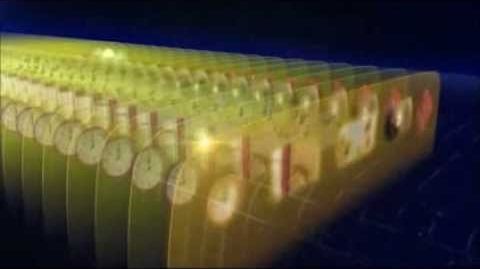Sep 7, 2016
Parkinson’s Disease Diagnosed with help from Virtual Reality
Posted by Karen Hurst in categories: biotech/medical, neuroscience, virtual reality
I cannot wait to see how we can use VR for obtaining additional insights on other central nervous system diseases and disorders such as MS, Dystonia, GBM, etc.
Medical applications for VR continue to spread. Just a few weeks ago I wrote about how Paraplegics can learn to walk again with help from Virtual Reality. Scientists from Tomsk Polytechnic University and the Siberian State Medical University, in Russia, believe that it could be the future of diagnosing neurodegenerative diseases such as multiple sclerosis and Parkinson’s disease.
Methods to diagnosis many of these conditions is accomplished by visual assessment in most parts of Russia. The brain scanning technology such as a CAT scan or MRI to confirm the diagnosis is only available in a handful of cities. The VR system being developed would be cheap and easy to roll out across the country.
Continue reading “Parkinson’s Disease Diagnosed with help from Virtual Reality” »
